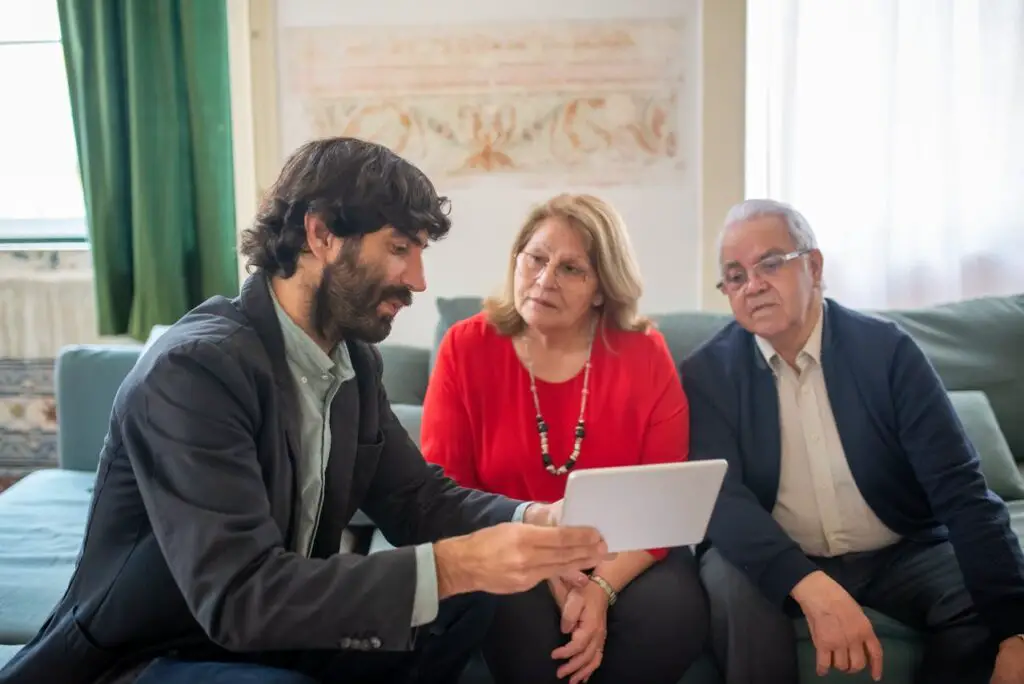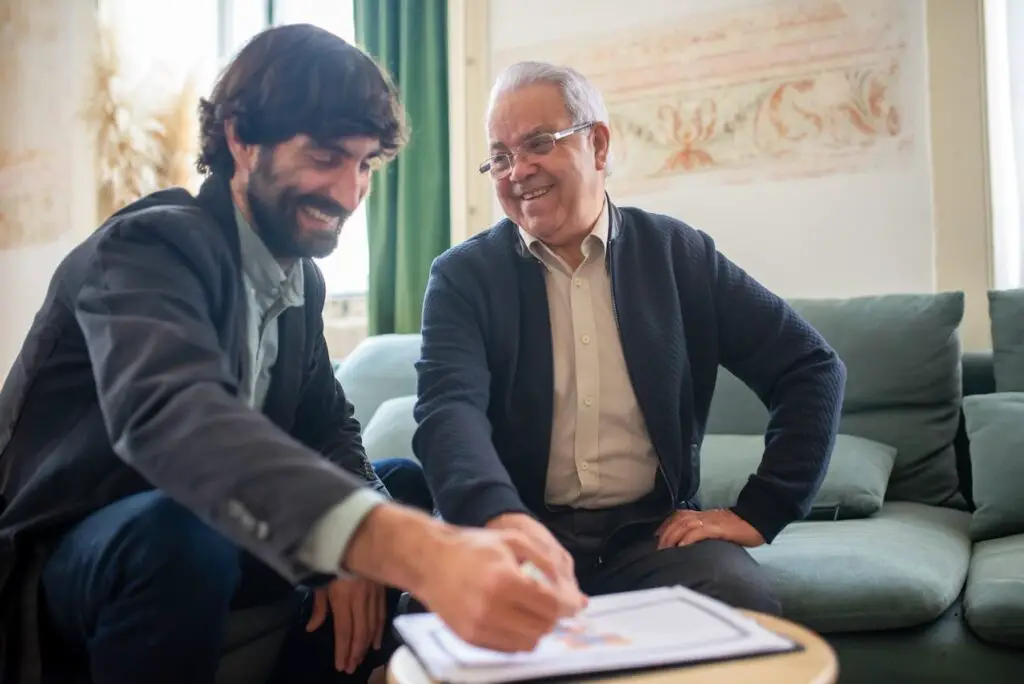10 Common Mistakes First-Time Investors Keep Falling For in 2025

Investing has always been one of those topics that sounds intimidating until you dip your toes in. In 2025, with social media gurus shouting about the next “big thing,” endless market updates on your phone, and the temptation to jump on whatever is trending, investing can feel even more overwhelming. The good news? Most of the mistakes that beginners make are not new — they are the same slip-ups generations of investors have been making, just dressed up in modern-day buzzwords.
If you are new to investing, you do not need a degree in finance to succeed. What you really need is an understanding of the most common pitfalls so you can sidestep them. Let’s walk through the ten mistakes first-time investors are still falling for in 2025, and more importantly, how you can avoid them.
1. Waiting for the Perfect Moment to Invest

Many first-time investors get stuck in “analysis paralysis.” They sit on the sidelines, convinced the perfect time to jump in is just around the corner. The problem is, that perfect time rarely shows up, and waiting often costs more than starting early. By holding back, you miss out on the power of compounding and long-term market growth.
How to avoid it: Instead of obsessing over timing, try dollar-cost averaging. This simply means investing a fixed amount at regular intervals. It smooths out the ups and downs and takes the pressure off trying to predict the market.
2. Investing Based on FOMO

We have all been there: scrolling through social media and seeing someone brag about doubling their money on a trendy stock or cryptocurrency. Suddenly, your fear of missing out kicks in, and you feel like you are falling behind. But chasing hype-driven investments rarely ends well. By the time you hear about a “hot tip,” chances are you are already late to the party.
How to avoid it: Always ask yourself if an investment aligns with your personal goals, time horizon, and risk tolerance. If it does not, walk away, no matter how tempting it looks.
3. Putting Too Much Money Into One Stock

Maybe it is your favorite tech company or a brand you use daily. It feels safe and exciting to load up on a single stock you believe in. But no matter how promising it seems, putting too many eggs in one basket can leave your portfolio vulnerable. If that stock takes a dive, so does your entire investment plan.
How to avoid it: Diversify across industries, asset classes, and even geographies. The idea is not to avoid risk completely, but to spread it out so no single bad bet can sink you.
4. Taking Big Risks on Speculative Bets

First-time investors often get lured into “get rich quick” plays like penny stocks, ultra-risky startups, or volatile cryptocurrencies. The thrill is real, but so is the danger of watching your money evaporate overnight. Speculation might feel like investing, but it is more like gambling if you do not understand the fundamentals.
How to avoid it: Keep speculative plays to a very small percentage of your portfolio, if you try them at all. A simple rule of thumb: if you cannot explain how the company or asset makes money in plain English, it is probably not worth the risk.
5. Forgetting About Fees and Taxes

It is easy to focus only on your gains and forget about the quiet killers in investing: fees and taxes. High management fees, frequent trading costs, and capital gains taxes can eat into your returns before you even notice.
How to avoid it: Favor low-cost index funds or exchange-traded funds (ETFs) whenever possible. Use tax-advantaged accounts like 401(k)s and IRAs to minimize your tax bill. And before you make a trade, think about whether the potential return is worth the cost.
6. Ignoring the Fundamentals of a Business

When you are just starting out, it is easy to get distracted by flashy stock charts or trending tickers without understanding what lies beneath. But if you do not know how a company actually makes money or what its competitive edge is, you are taking on blind risk.
How to avoid it: Stick to your “circle of competence” — businesses you understand. Look at revenue growth, debt levels, competitive advantages, and long-term prospects. If you cannot explain the company to a friend in simple terms, reconsider.
7. Selling Winners Too Early and Holding on to Losers Too Long

One of the most emotional parts of investing is deciding when to sell. Many beginners panic and cash out winners quickly to “lock in profits,” while stubbornly holding on to losers, hoping they will bounce back. This emotional rollercoaster often leads to poor long-term results.
How to avoid it: Create exit rules before you invest. For example, you might decide to sell if a stock drops 20 percent or if it no longer fits your strategy. Similarly, let your winners run as long as the fundamentals remain strong.
8. Forgetting to Rebalance Over Time

Your portfolio will not stay in balance on its own. If one type of investment, like tech stocks, performs well, it can take up a bigger share of your portfolio than you planned, making you riskier than you realize.
How to avoid it: Check your portfolio at least once or twice a year. Rebalancing may feel boring, but it keeps your risk level in check and ensures you are not accidentally betting too heavily on one sector.
9. Checking Your Portfolio Every Day

In today’s world of instant notifications, it is tempting to refresh your portfolio app constantly. But watching your investments daily can make you overly emotional and lead to snap decisions. Markets naturally swing up and down, and checking too often can magnify the stress.
How to avoid it: Set specific times to review your investments, like once a quarter. Outside of those check-ins, trust your plan and avoid obsessing over the day-to-day noise.
10. Throwing Good Money After Bad

Doubling down on a losing stock because you “just know it will come back” is a classic rookie mistake. While sometimes averaging down can work, more often it traps you in a downward spiral.
How to avoid it: Accept that not every investment will be a winner. If the fundamentals have changed or the company no longer looks promising, cut your losses and move on. It is better to reallocate that money into stronger opportunities than stay stuck in a sinking ship.
Final Thoughts

Investing in 2025 is exciting. Technology makes it easier than ever to access the markets, but it also makes it easier to get distracted, emotional, or swayed by noise. The truth is that successful investing is not about making perfect moves every time. It is about avoiding the big, costly mistakes that can derail your progress.
By staying patient, diversifying, ignoring the hype, and sticking to a plan, you put yourself in a position to build wealth steadily over time. Remember, investing is not a sprint — it is a marathon. So, take a deep breath, trust the process, and let your money grow while you focus on living your life.




















































































